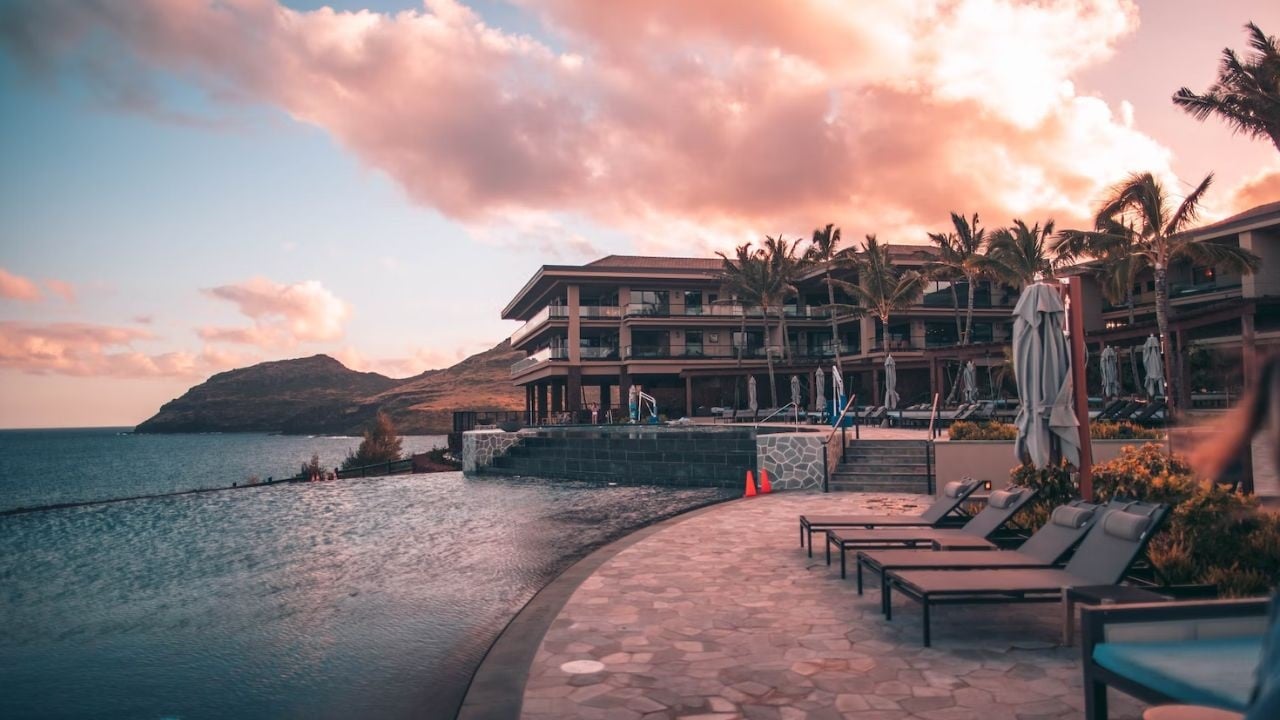The proliferation of platforms and formats like short-videos have changed the influencer marketing game for marketers, brands and creators. In this fast-evolving space, keep up with the big trends and hot topics that matter in Storyboard18’s Weekly Shorts in collaboration with affable.ai, an end-to-end AI-powered influencer marketing platform. Track how creators, communities and brands are engaging with users and disrupting marketing to get a sharp and fast insight into present and future trends.
Influencer marketing can be an effective strategy for service-based businesses to reach and engage with their target audience. It is still a heavily underutilized strategy for most services based businesses.
In the service-based businesses domain, the travel industry globally comprises 13.1k travel bloggers, aviation enthusiasts and frequent flyers reflecting the rising interest in industry. This is the highest growing influencer space in the services industry in India with ~770 local travel content creators, according to data from affable.ai. Healthcare, salon & spa services and food are next, where influencers are leveraging fear of missing out (FOMO) to market the experiences these service industries offer.
Following the pandemic’s initial wave, spending in the service sector has kept growing. Influencers are at the forefront of generating demand for opening up the world for exploring again and promoting healthy lifestyles. Users across ages are increasingly turning to social media research and making choices about anything from where to eat and vacation to which healthcare businesses they can have faith in. Consumers generally seek the counsel of people they know and trust, such as those in authoritative positions in the industry, in the community, among employees, or in the public eye (content creators, celebrities, journalists, etc.).
Influencer marketing can be effective for a wider range of service-based businesses. Here are a few examples:
Travel and hospitality: Influencers can promote hotels, resorts and travel destinations to their followers, providing them with a glimpse of what to expect and encouraging them to book their next vacation. By collaborating with travel influencers, these businesses can reach a wider audience and generate buzz around new promotions. For example, an airline might partner with an influencer to offer a free flight or first class seat to vlog about or prize package to followers who engage with the influencer’s content. Hotel chains and resorts also offer a free stay, meals, or other perks in exchange for promotion.
Fitness, wellness and healthcare: Worldwide, more than 16.5k influencers advocate for a good diet, self-care, exercise and mental wellness. The desire for health information, knowledge, technology advancements and social media marketing have increased the number of healthcare influencers. Influencers now promote gyms, personal trainers, yoga studios, and wellness retreats to their followers, showcasing the benefits of leading a healthy lifestyle and encouraging followers to sign up.
Food: Several eateries are teaming up with popular creators on social media to spread the word about their business and menu to reach a wider audience. Worldwide, roughly 10.9K influencers are linked with promoting restaurants, food and beverages. It opens the door to spread the word about the menu, ultimately boosting sales and solidifying client loyalty.
Salon and spa: Influencers can promote services to their followers, demonstrating the effectiveness of different products, services and treatments, and encouraging them to try them out. Many salons are tiny enterprises catering to the local population bringing down the overall global figure of such creators. Influencers from the salon industry are gaining popularity on social media, especially Instagram. This is the right time for such businesses to start investing in a space which isn’t utilized to its full potential yet.
Education and training: Influencers can promote online courses, tutoring services and other education and training services to their followers, showcasing the benefits of learning and encouraging them to enrol. This includes course vlogs, experience, before or after journeys and even giveaways to their followers.
Now, many popular services businesses invested in influencer marketing and still continue to do so to build their popularity. Urban Clap, Oyo Rooms, UpGrad, Nykaa, Zomato, Swiggy and Licious are a few popular Indian brands that do it well.
Influencer marketing for the service sector is more complex than product-based promotions. Service-based businesses have intangible products in most cases, which puts the customers at a buying risk because they don’t know what they’re getting before actually getting the service.
The audience in this sector does careful research before availing of any services. Recommendations from peers, family and social media influencers build the audience’s trust and make them believe the service is worth their money. Whether you’re an airline company, bank, restaurant, beauty salon or boutique, hotel, or consulting agency, you can use influencer marketing to build quality social proof for your business and reduce buying risk.
This week’s Weekly Shorts is written by the editorial team of affable.ai
